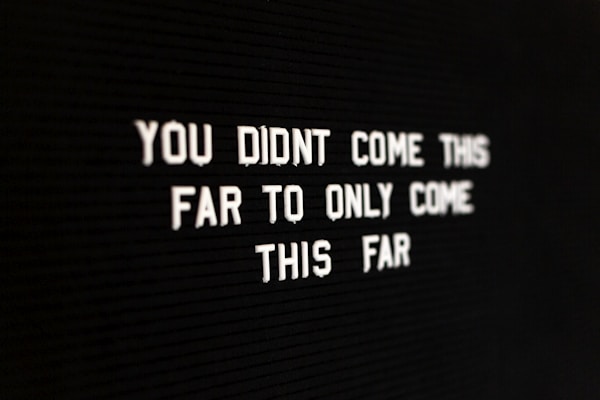Setting healthy personal boundaries is essential for a positive, happy, and healthy life. Personal boundaries define who we are, what we believe in, and what we are willing and not willing to do. They act as a filter between our own needs and wants and those of others. When our boundaries are healthy, they help us to maintain our individuality and integrity, while also respecting the individuality and integrity of others.
However, when our boundaries are not healthy, we can find ourselves feeling drained, overwhelmed, and resentful. We can also start to feel like we are not in control of our lives, and that our personal boundaries are not respected.
The benefits of setting healthy personal boundaries with resources such as a boundaries worksheet are many. When our boundaries are healthy, we feel happier, more fulfilled, and more in control of our lives. We also have a greater sense of respect for ourselves and others. By setting healthy boundaries, we can create healthier, more fulfilling relationships with others.
However, when our boundaries are unhealthy, we can become easily overwhelmed and resentful. We may find it difficult to say no to others or to set limits on how much we are willing to do for them. Our needs and wants can become lost in the shuffle, and we can find ourselves in unhealthy, codependent relationships.
So how can we set healthy personal boundaries? Here are a few tips
Define your values and beliefs.

Values and beliefs are important because they help to guide our decisions and behaviors. Our values define what is important to us and our beliefs define what we think is true. Our values and beliefs help to shape our worldview and guide our actions.
Be honest with yourself.
When it comes to our relationships with others, it’s important, to be honest with ourselves. Are we comfortable with the amount of contact we have with someone? Are we happy with the amount of time we are spending on a particular activity? If not, it’s time to set a boundary.
Speak up.
Speaking up is one of the most important things we can do to maintain our boundaries and protect ourselves from undesired interactions. It can be difficult to speak up, especially if we’re not used to it, but it is essential for our well-being.
If someone crosses a boundary, it’s important to let them know as soon as possible. This way, they can understand that the boundary has been violated and hopefully won’t do it again. It can be scary to speak up, but it’s worth it in the long run.
Be assertive.

When it comes to being assertive, it’s important to first understand what it is. Being assertive is all about standing up for yourself and your beliefs, and not letting others walk all over you. It can be difficult to be assertive if you’re not used to it, but it’s a skill that can be learned.
It can be hard to be assertive at first, but with practice, you’ll get better at it. Remember to stay calm and polite, even when you’re feeling angry or frustrated. And most importantly, be confident in yourself and your boundaries. Stand up for what you believe in, and don’t be afraid to speak your mind.
Practice self-care.
Self-care is vitally important for our overall health and well-being. When our boundaries are healthy, we can sometimes neglect our own needs. Make sure to take time for yourself, to relax and rejuvenate.
Setting healthy personal boundaries is not easy, but it is worth the effort. When our boundaries are healthy, we are happier and more content with our lives. We can maintain our individuality and integrity while also respecting the individuality and integrity of others.



